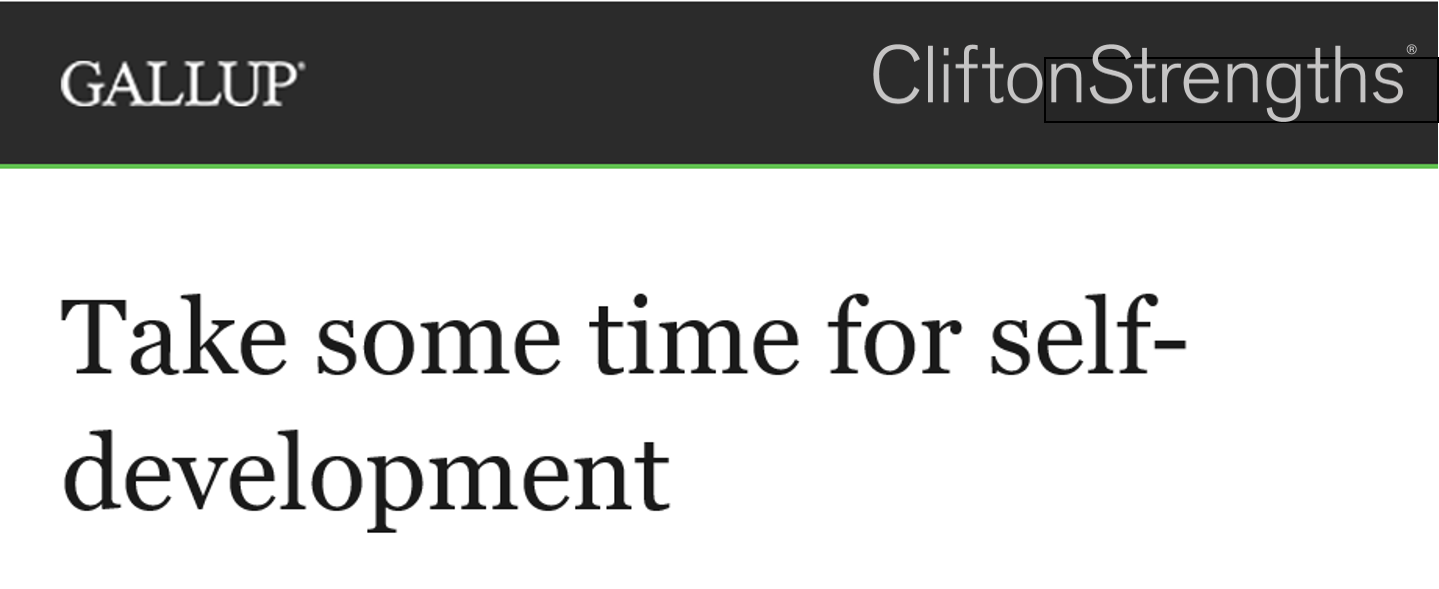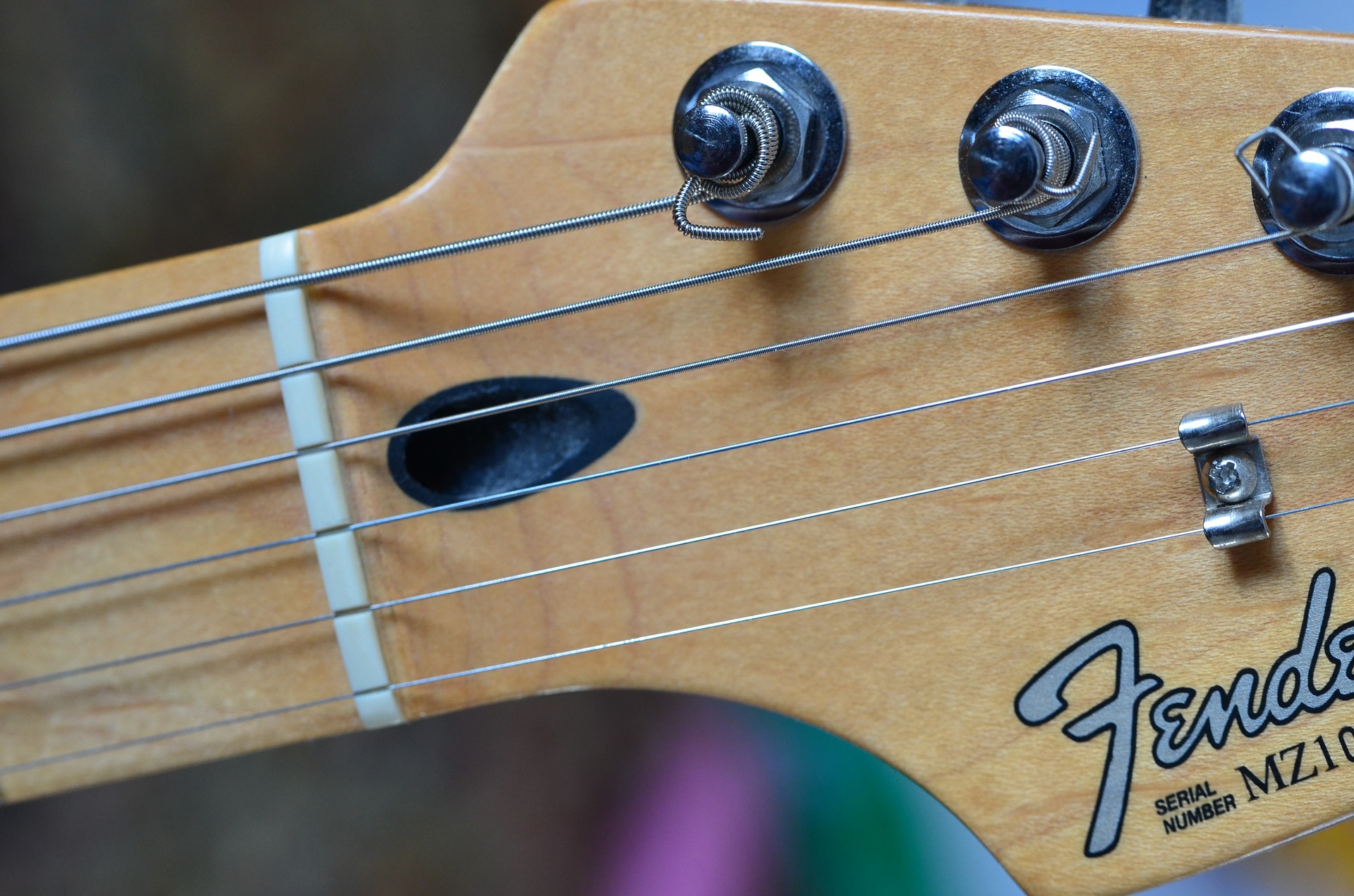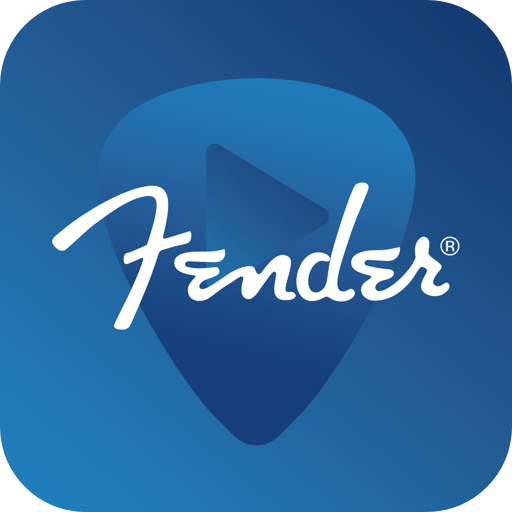
One of the fascinating outgrowths of the COVID-19 crisis is this notion that with all this time on our hands, regular folks would take the opportunity to learn an entirely new craft, ability, or skill.
The phrase, “Skill Up In Your Down Time” may not be as popular as “In these uncertain times,” but a look on social media sites from Facebook to Pinterest reveals many of us have made the most of this strange moment in time to learn something entirely new. Whether it’s baking, playing the clarinet, or finally learning how to code, smart (and bored) consumers have taken advantage of this lull to sharpen their skill sets.
And thanks to remote classes, online learning, and tele-teaching advances, this is not only possible, but it has become a trend. And some brands were especially well-positioned pre-pandemic to reap the benefits of this moment. We’re going to hear a lot more about this phenomenon over the next many months – and likely years.
While many high school seniors have met with disappointment over not being able to graduate with the traditional pomp and circumstance, they may be facing an even bigger letdown if colleges and universities don’t open this fall. One way or another, you can bet online classes will become an even broader trend that more and more academic institutions will be forced to lean into.
Commercially speaking, there is a great deal of money to be made, thanks to the confluence of technology and boredom. Babbel – the learn to speak foreign languages people – is one of these brands positioned to reap the benefits. And it’s no coincidence they’ve ramped up their TV advertising these past several weeks. It’s a great time to learn French…or Spanish, German, Italian, or Indonesian.
Same with MasterClass, a program of online lectures and tutorials taught by some of the most famous names in each category. Whether it’s Steve  Martin teaching you how to write standup comedy, Doris Kearns Goodwin brilliantly providing American history lessons, Ron Howard on movie directing, Wolfgang Punk showing you how to make a souffle, or Natalie Portman walking you through the ABC’s of acting, MasterClass’ slogan – “Learn anytime, anywhere, at your own pace” – is a fascinating centerpiece of the tele-learning phenomenon.
Martin teaching you how to write standup comedy, Doris Kearns Goodwin brilliantly providing American history lessons, Ron Howard on movie directing, Wolfgang Punk showing you how to make a souffle, or Natalie Portman walking you through the ABC’s of acting, MasterClass’ slogan – “Learn anytime, anywhere, at your own pace” – is a fascinating centerpiece of the tele-learning phenomenon.
They’ve amassed more than 80 celebrity experts to teach the tricks of their trades – earlier this week, Robin Roberts signed on to provide her expertise on the art of effective communication.
It’s a smart business model. You can buy these courses one at a time, or take advantage of their “all you can eat” program. And you don’t have to look too hard to take advantage of BOGO offers, where you can pay for the whole enchilada of learning – their “all access pass” – and gift a friend, family member, or colleague with the very same package.
 The fascinating part of this trend is that brands that heretofore had nothing to do with tele-learning are getting into the game. A couple weeks ago, I received an email from Gallup – the pollsters – inviting me to take advantage of their “Clifton Strengths” assessment, designed to help people assess their best assets to reap the benefits in a rapidly changing business environment.
The fascinating part of this trend is that brands that heretofore had nothing to do with tele-learning are getting into the game. A couple weeks ago, I received an email from Gallup – the pollsters – inviting me to take advantage of their “Clifton Strengths” assessment, designed to help people assess their best assets to reap the benefits in a rapidly changing business environment.
There are two things at play here – one is the growing notion that now is the time to reassess, reconsider, and re-evaluate career and life paths.
And second, there’s a DIY aspect that is also a rising trend. Without having to drop out, quit your job (assuming you still have one), or take out a second mortgage, you can “skill up in your down time,” thanks to the wonders of online learning.
But how can this SUIYDT trend work for commercial brands that may not have given much thought to this tele-teaching process? Look no further than a familiar, iconic brand in music – Fender Guitars.

If you love rock n’ roll, you know Fender, perhaps the most famous electric guitar brand of all time. The Telecaster and the Stratocaster are just two of the classic guitars developed by Leo Fender and his team decades ago. Much like Classic Rock, these “axes” have truly stood the test of time, embraced by some of the most famous players of all time – Eric Clapton, Stevie Ray Vaughan, Bruce Springsteen, Keith Richards, Jeff Beck, and scores of others who swear by these guitars.
It hasn’t been an easy road these past few years for this category. Gibson, the famous Michigan-based guitar, declared bankruptcy a couple of years back. And Fender has been dogged by similar rumors of financial dangers.
For Fender, the pandemic has proved to be an opportunity to reinvigorate their brand – and basic guitar lessons are at the heart of its strategy. A  recent story in The Drum by Rebecca Stewart – “Lessons from lockdown: inside Fender’s coronavirus marketing retune” – details how the guitar maker has used the moment as a brand revival strategy.
recent story in The Drum by Rebecca Stewart – “Lessons from lockdown: inside Fender’s coronavirus marketing retune” – details how the guitar maker has used the moment as a brand revival strategy.
Their CMO, Evan Jones, walked The Drum through a process that other businesses should emulate. It’s a textbook case about how to re-leverage a great brand during a time of changing needs and priorities:
- Grow the cume – In early April, Fender created an initiative to give over 1 million people around the world free lessons (guitar, bass, uke) on their Fender Play app.
- Expand the demo – Playing guitar has generally been a male sport – but Jones has also focused on encouraging women to become active. He notes the gender composition on the app is now at 50:50.
- Develop a robust mobile strategy – Why does a guitar maker need a mobile app? Fender has embraced the ubiquity of mobile, and now is in a position to reach out to millions of smartphone owners with its brands, its lessons, and its content.
- Secure free endorsements and social sharing – Fender’s timing was impeccable – the likes of Jimmy Page praised the program, while hundreds of musicians shared the initiative on their social channels. This is an example of “earned media” at its best, not to mention free celebrity endorsements.
- Collect data – Jones points out the program was initially created as a “gesture of goodwill,” but Fender rapidly learned they were aggregating a treasure trove of consumer data. Now, they’re building what he calls an “ecosystem” of guitar enthusiasts around the world – in essence a way to locate and connect with a growing group of P1s.
- Increase sales – While it’s still early in the process, there’s no doubt the program will lead to more purchases of guitars, likely Fenders. And because they already have millions of new data points, access to these fledgling “axe men” (and women) is just a few keystrokes away.
- Hire more people – As counter-intuitive as it sounds in this rapidly deteriorating employment environment, Fender has hired roughly 20 people in its L.A. division, designed to handle this increased growth and interest. What a great problem to have.
- Tap into your community – Thanks to the burgeoning revolution in online learning, Fender has launched “Artist Check-Ins” – providing video access to famous musicians and their home studios. For every player that creates one, Fender makes a donation to MusiCare’s “Coronavirus Relief Fund,” supporting musicians, songwriters, engineers, vocalists and others.
- Lean into video – We’ve talked a great deal about video streaming during the course of COVID-19. And as Fender has learned, it’s a gateway medium. As Jones notes, “A great video, shot authentically, can be just as powerful (as storytelling) right now.”
- Embrace connection and giving – In addition to supporting MusiCares, Fender is on-board with the “Uncancelled Music Festival,” a virtual concert experience.
- Foster self-improvement – Most of the people taking advantage of this Fender program aren’t thinking about becoming the next Mark Knopfler or Steve Vai. Most are hobbyists looking for a novel way to spend time or simply chill out during a particularly stressful time. And reaching thousands of them builds a bigger Fender fan base, a stronger brand, and more revenue.
So, what’s the radio connection here?
Many local businesses, hurt by the pandemic, are going to need help, expertise, and assistance to get back in the game. They’re going to need to access knowledge about how to run their enterprises in a changing retail environment. Most don’t know the first thing about social media, content marketing, email databases, video production, and other skills that radio broadcasters have acquired in recent years.
The success of many of these tele-learning and/or mobile educational initiatives opens the door for broadcasters – and their parent companies – to fill these needs on the local market level through a series of videos, webinars, and online tutorials. Chances are, many radio companies have this expertise on staff, but it’s available to smaller broadcasters throughout the industry.

A social media pro like Lori Lewis knows how to maximize brand engagement, Paige Nienaber is a brilliant promotion and marketing strategist, our Seth Resler is adept at teaching anyone how to launch a podcast, as well as creating marketing tutorials, many of which he has already created on the Jacobs Media website.
As broadcasters know, the month of April was an unmitigated disaster on the sales front. Now, as we head into an uncertain summer, radio clusters and companies can amass some of this same type of expertise for local retailers that MasterClass has retained. And as Fender has learned, if they take your guitar lessons, they’ll probably buy one of your guitars.
Next week, we’ll start our series of “stakeholder webinars” for the second installment of our COVID-19 web surveys. We’re already poring through the data, and I can tell you perceptions of the pandemic and how people are coping are changing – and rapidly.
Understanding the consumer mindset is a valuable tool any radio marketing outfit can share with nervous local clients as they try to resurrect their businesses.
At a time when expertise and empathy may not be in abundance, radio broadcasters can put their skills together to help their communities and their clients.
And their bottom lines.
- Media And Technology In 2025: Believe It Or Not! - April 18, 2025
- In Radio, You Just Never Know - April 17, 2025
- The Secret To Making A Great Podcast (And Great Radio) - April 16, 2025




Leave a Reply